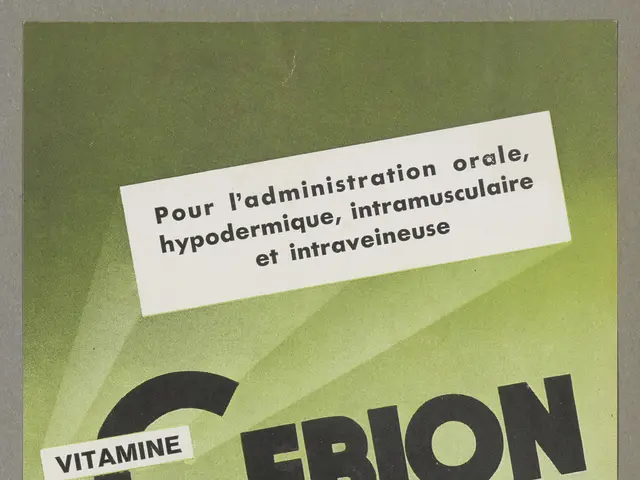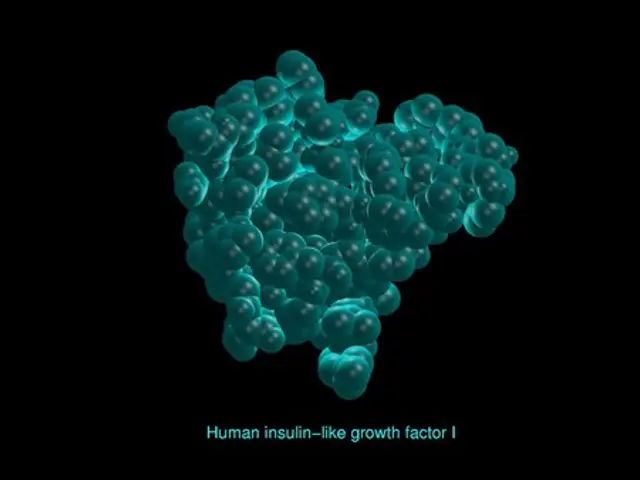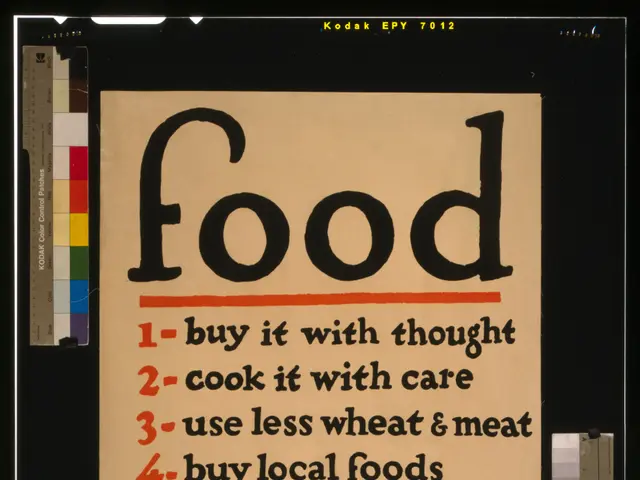Recognizing indicators of heroin dependency
Heroin addiction is a serious problem that can have devastating effects on an individual's life and the lives of those around them. However, with the right support and treatment, it is possible to overcome this addiction and rebuild a healthier, happier life.
Recognising the signs of heroin addiction
Heroin addiction can present a range of physical, behavioural, and mental symptoms. Some common physical signs include drowsiness and slurred speech, weight loss and frequent scratching or skin picking, small pupils and a runny nose, muscle aches, chills, sweating, nausea, vomiting, diarrhea, and insomnia. Rapid heartbeat during withdrawal is also a notable symptom.
Behavioral symptoms often observed in individuals with a heroin addiction include neglect of responsibilities, secretiveness, and hiding heroin use. Financial difficulties, withdrawal from social activities, and changes in sleep patterns are also common.
Mental and emotional signs of heroin addiction include intense cravings for the drug, mood swings, irritability, agitation, anxiety, depression, paranoia, feelings of guilt or shame, difficulty concentrating, and suicidal thoughts. Restlessness, hopelessness, and cognitive problems are also common.
Treatment and support for heroin addiction
Effective treatment for heroin addiction involves a multistep approach. The first step is medical detoxification, which safely manages withdrawal symptoms under professional supervision to reduce discomfort and health risks.
Following detoxification, therapy and counseling play a crucial role in addressing the psychological aspects of addiction. Behavioral therapies, such as contingency management and cognitive behavioral therapy (CBT), can be particularly effective in treating heroin use disorder. Individual and group counseling can help uncover underlying causes and build coping skills.
Medication-assisted treatment (MAT) is another important component of heroin addiction treatment. FDA-approved medications like methadone, buprenorphine, and naltrexone can reduce cravings and withdrawal symptoms, supporting recovery.
Aftercare and ongoing support are essential for long-term success. Structured plans including support groups, family counseling, lifestyle changes, and relapse prevention skills are crucial for maintaining sobriety. Some programs also incorporate physical health, education, vocational training, and mindfulness techniques to rebuild overall well-being.
Getting help for heroin addiction
If you or someone you know is struggling with heroin addiction, there is hope. The Substance Abuse and Mental Health Services Administration provides a free national helpline for people experiencing substance use disorders and their loved ones. Treatment options are available, and with the right support, it is possible to overcome addiction and rebuild a healthier, happier life.
It is important to remember that seeking help for heroin addiction is a courageous step towards recovery. With the right support and treatment, it is possible to develop a plan for a healthier relationship with heroin, whether that is abstinence or reducing use.
Conclusion
Heroin addiction is a serious problem that can have devastating effects on an individual's life and the lives of those around them. However, with the right support and treatment, it is possible to overcome this addiction and rebuild a healthier, happier life. Recognising the signs of heroin addiction is the first step towards seeking help, and there are many resources available to those who are struggling. If you or someone you know is struggling with heroin addiction, please seek help today.
- Mental and emotional symptoms of heroin addiction also include intense cravings for the drug, mood swings, irritability, agitation, anxiety, depression, paranoia, feelings of guilt or shame, difficulty concentrating, and suicidal thoughts.
- Behavioral symptoms of heroin addiction often include neglect of responsibilities, secretiveness, hiding heroin use, financial difficulties, withdrawal from social activities, and changes in sleep patterns.
- Effective treatment for heroin addiction involves medical detoxification, therapy and counseling, medication-assisted treatment (MAT), aftercare and ongoing support.
- Treatment options are available for those struggling with heroin addiction, and with the right support, it is possible to overcome addiction and rebuild a healthier, happier life.
- Recognising the signs of heroin addiction is the first step towards seeking help, and the Substance Abuse and Mental Health Services Administration provides a free national helpline for people experiencing substance use disorders and their loved ones.





